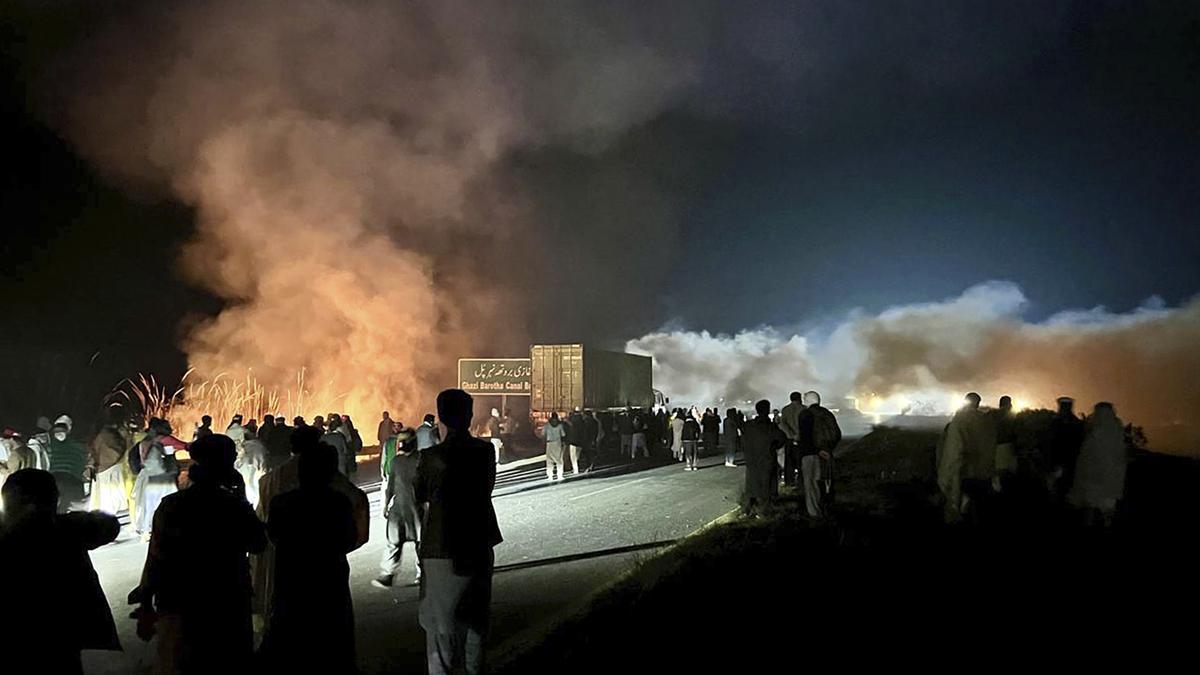China said on May 22 it would impose sanctions on a number of U.S. defence firms and several executives over Washington’s “economic coercion” against Chinese companies and its sales of arms to Taiwan.
Beijing has bristled in recent days over the warm ties between Washington and Taipei, where Lai Ching-te was sworn in on Monday as the self-ruled island’s new president.
China claims Taiwan as part of its territory and has branded Lai a “dangerous separatist” who will bring “war and decline” to the island.
The day of Lai’s inauguration also saw China announce sanctions on three U.S. defence firms for their arms sales to Taipei.
In addition to Taiwan, Beijing on Wednesday also cited U.S. sanctions on Chinese entities for “so-called Russia-related factors” in its decision to impose the “countermeasures”.
On May 22, Beijing said sanctions would also be imposed on a slew of U.S. defence firms and executives, including units and individuals under Lockheed Martin, Raytheon and General Dynamics.
“The U.S… has indiscriminately imposed unlawful and unilateral sanctions against a number of Chinese entities… while (it) continues to sell arms to the Taiwan region,” Beijing’s foreign ministry said in a statement announcing the countermeasures.
The U.S. arms sales to Taiwan “seriously (violate) the one-China principle…, seriously (interfere) in China’s internal affairs and seriously (undermine) China’s sovereignty and territorial integrity”, the statement added.
Washington switched diplomatic recognition from Taipei to Beijing in 1979 but it has remained Taiwan’s most important partner and biggest arms supplier.


